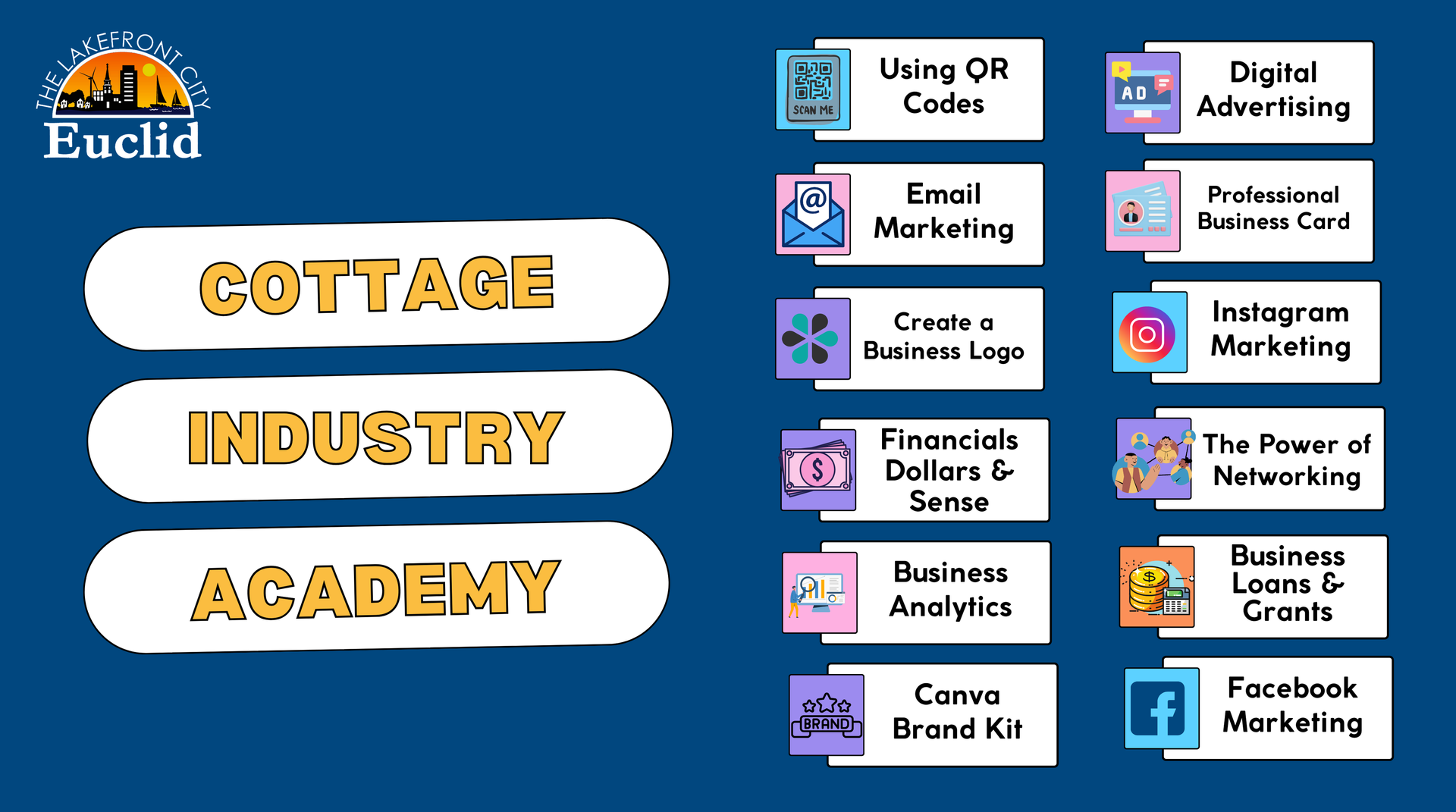Leveling Up Your Cottage Bakery: 4 Essential Steps to Renting Shared Commercial Kitchen Space
Learn how to get your business ready for rental with these 4 easy steps from Chef Farrell.

Step 1: Ensuring Your Success - Navigating Insurance for Your Commercial Kitchen Space
As you embark on the journey of transitioning from a home-based cottage baker to a shared commercial kitchen space, ensuring your business is adequately insured becomes a pivotal first step. The safety and security of your products, equipment, and customers should never be compromised. Start by researching and identifying insurance policies tailored to your needs as a small-scale food entrepreneur. Comprehensive coverage might include general liability insurance to protect against accidents or injuries that could occur within your kitchen space, product liability insurance to safeguard against potential health issues arising from your baked goods, and property insurance to cover any damage to equipment or premises. Carefully assess the terms and conditions of each policy to understand the extent of coverage, deductibles, and any additional riders you might require. By having the right insurance in place, you'll not only gain peace of mind but also build a solid foundation for the growth and success of your burgeoning commercial baking venture.
Our Kitchen manager, Chef Farrell recommends FLIP Insurance.
Step 2: Seamless Compliance - Navigating Inspections for Your Shared Commercial Kitchen
Navigating the regulatory landscape of a shared commercial kitchen involves understanding the unique inspection requirements that pertain to your baked goods. In Cuyahoga County, the type of products you sell and your target market can determine the scope of inspections you'll need to undergo. If your sales are primarily directed to consumers within the shared kitchen space, you'll likely fall under the jurisdiction of the Department of Health. This often exempts you from certain health inspections, simplifying your compliance journey. However, if your business extends to wholesaling or ventures outside the Department of Health's purview, inspections from the Department of Agriculture might come into play. Being well-versed in these regulations and collaborating with the appropriate authorities will ensure a smooth transition, allowing you to confidently continue your cottage baking success within the shared commercial kitchen realm.
Step 3: Navigating Nutritional Label Compliance- Crafting Labels for Your Confections
In the dynamic landscape of shared commercial kitchens, crafting meticulous labels for your culinary creations goes beyond aesthetics; it's a matter of nutritional compliance. These labels play a crucial role in informing consumers about what they're enjoying while adhering to regulatory standards. Your labels must succinctly outline every ingredient and its sub-ingredients, accurately listed by weight. Special attention should be given to allergens, ensuring they're clearly identified to safeguard those with sensitivities. Essential details such as the manufacturer's name, contact information, and net weight in both ounces and grams should be readily accessible. By mastering the art of crafting comprehensive labels, you not only meet legal requirements but also empower your customers to make informed choices about the delectable delights you offer within the shared kitchen space. Department of Agriculture Label Requirements
Step 4: Mastering Food Safety - Securing a Food Handlers License for Your Kitchen Space
As you transition into a shared commercial kitchen, prioritizing food safety is paramount. One crucial aspect of this commitment is obtaining a Food Handlers License, a testament to your dedication to maintaining impeccable hygiene standards. This certification not only enhances your own knowledge of safe food handling practices but also assures your customers that their well-being is your top priority. Depending on your local regulations, the process might involve completing a training program, passing an exam, and demonstrating a comprehensive understanding of food safety principles. Becoming the designated Person in Charge further underlines your role as a vigilant guardian of food safety within your shared kitchen space. By acquiring this certification, you equip yourself with the tools and knowledge to prevent foodborne illnesses, cultivating trust and confidence among your customers and fellow kitchen occupants alike.
The Cuyahoga Board of Health offers Person in Charge Classes for $30.
IMPORTANT DETAILS
- Classes will be held at our Parma office, located at 5550 Venture Drive, 44130 (except 4/19/23)
- This course meets the requirements as set forth in the Ohio Uniform Food Safety Code
- Cost is $30 per person/corporate rate is $600 for 20-30 students
- Registration fees must be paid in advance by check or money order and are not refundable
- If class is canceled, the attendee will receive credit for another class within the calendar year
- CCBH is a non-smoking campus
CLASS DATES AND TIMES
Wednesday, January 18 1 p.m. – 4 p.m.
Monday, February 27 9 a.m. – noon
Thursday, March 9 1 p.m. – 4 p.m.
Wednesday, April 19 11 a.m. – 2 p.m. (this class is held at the Cuyahoga County Fairgrounds)
Tuesday, May 2 1 p.m. – 4 p.m.
Friday, June 23 9 a.m. – noon
Wednesday, July 19 1 p.m. – 4 p.m.
Tuesday, August 22 9 a.m. – noon
Thursday, October 5 1 p.m. – 4 p.m.
Monday, December 4 9 a.m. – noon





